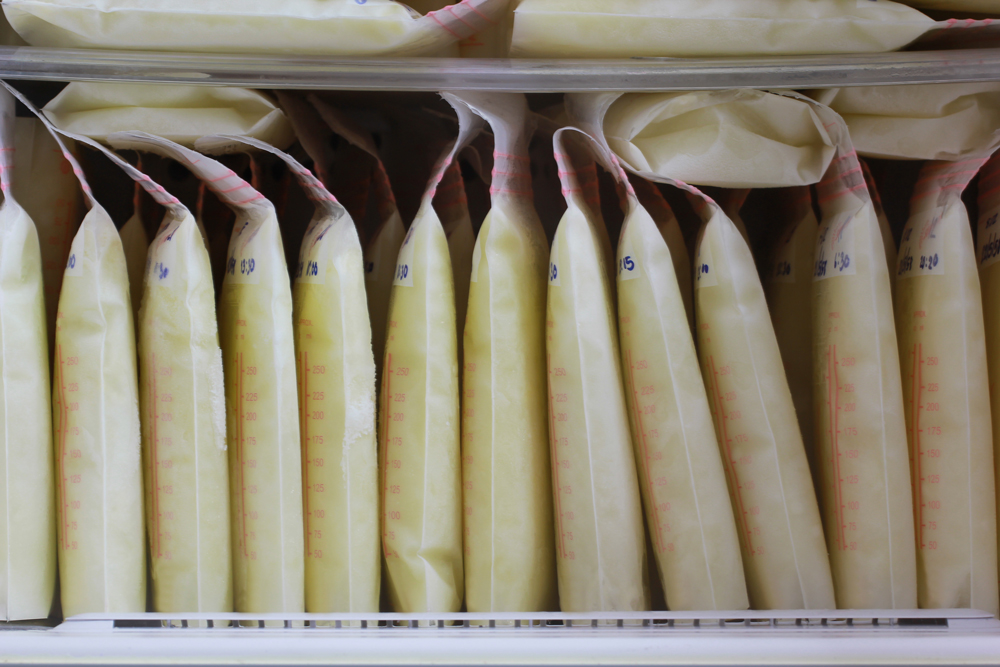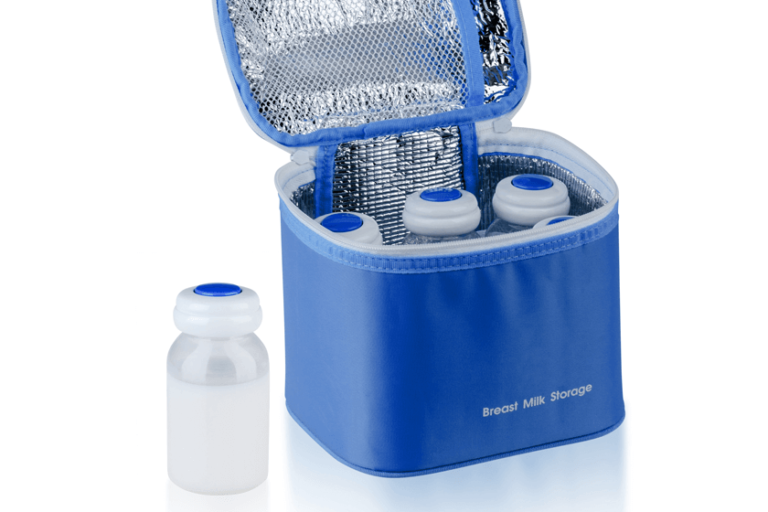Proven Ways to Increase Milk Supply

Concerned about low milk supply? You’re not alone. Research shows that about 50% of nursing moms stop breastfeeding because they believe their milk supply is insufficient. But before you give up, read on! There are several actions you can take to increase your milk supply and some strategies worth skipping.
What is Low Milk Supply?
Low milk supply, or insufficient breast milk supply, occurs when you can’t produce enough milk to meet your baby’s needs. While many new parents worry about this, actual physical or medical issues hindering milk production are rare. There are two types of low milk supply:
- Primary milk insufficiency: When a parent never produces a full milk supply, often due to hormonal issues, insufficient glandular tissue (IGT), or previous breast surgery.
- Secondary milk insufficiency: A decrease in milk production after initially having an adequate supply. This is the more common type and is preventable and treatable.
How to Increase Milk Supply with a Lactation Consultant
Spending time with a qualified lactation consultant can help increase your milk supply. They can assist with finding the best breastfeeding positions, ensuring your baby is latched properly, treating sore nipples, and optimizing your pumping technique. Sometimes adjusting your breast pump settings, refitting pump parts, or changing pumps can resolve milk supply issues.
Pumping Tips to Boost Milk Supply
- Prepare before pumping: Take deep breaths and focus on your baby to help with milk letdown.
- Pump at regular intervals: Maintain a consistent pumping schedule to match your baby’s feeding times.
- Double pumping: Pump both breasts simultaneously and extend your session by 2 minutes after milk stops flowing.
- Power pump: Pump for 20 minutes every hour for 3 hours in a row or alternate 10-minute pumping and resting intervals for an hour, for 3-4 days.
- Massage while pumping: Massage and compress your breasts before and during pumping to increase milk flow.
Increase Milk Supply with Kangaroo Care
Skin-to-skin contact with your baby, also known as kangaroo care, can stimulate milk production. This reduces maternal stress levels, which is a leading cause of low breast milk supply, especially in the first few weeks postpartum.
Related: 13 Best Foods For Breastfeeding
The Importance of Sleep for Milk Production
Lack of sleep can reduce milk supply due to hormonal changes. Prioritize rest to help maintain your milk production. Letting your baby sleep longer periods at night once they reach their birth weight won’t negatively impact your milk supply.
Foods and Drinks to Improve Milk Supply
- Drink plenty of water: Aim for about 16 cups of water a day to stay hydrated, as more than 80% of breast milk is water.
- Increase your calories: Your body needs an extra 450-500 calories daily for milk production. Focus on nutrient-dense snacks like fruits, whole grains, and lean proteins.
- Eat a balanced diet: There’s no specific food that increases lactation. Maintain a healthy diet rich in fruits, vegetables, whole grains, dairy, and lean protein.
Do Lactation Cookies Work?
While lactation cookies contain ingredients believed to enhance milk production, like fenugreek and brewer’s yeast, scientific evidence supporting their effectiveness is lacking. Instead, opt for nutrient-dense snacks.
Are Supplements Effective?
Most supplements claiming to boost milk supply lack scientific backing and are not recommended. Over-the-counter herbal supplements are not regulated by the FDA, making their safety and efficacy questionable.
Prescription Drugs for Increasing Milk Supply
Prescription drugs like domperidone and metoclopramide are not first-line treatments for low milk supply due to limited evidence of their effectiveness. They may be helpful in certain situations, such as reestablishing milk after weaning or inducing lactation for an adopted infant.
By following these proven strategies and consulting with healthcare professionals, you can effectively manage and increase your milk supply. Don’t hesitate to seek support from lactation consultants and healthcare providers to ensure a successful breastfeeding journey.
Read more: 12 Natural Ways To Increase Your Breast Milk Supply






